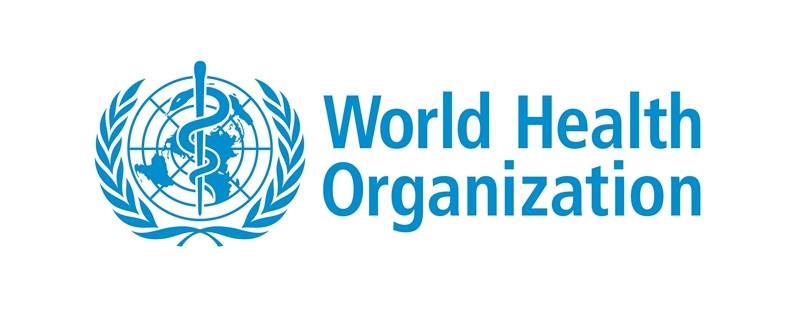Boateng said that victims with complicated cases would be referred to secondary healthcare centres, where necessary.
Represented by the WHO Public Health Officer, Dr Ibrahim Salisu, Boateng said that the organisation had deployed mobile health teams in remote areas to identify cases of GBV.
He said that WHO and its partners would continue to provide interventions at various levels to strengthen response to GBV in emergencies.
At higher level, we are building the capacity of government officials in the state ministry of health to develop relevant policies and guidelines for use.
‘As for the frontline service delivery level, we are targeting healthcare workers with various training and capacity building,’ he said.
The state Commissioner for Health, Dr Lawan Gana, who was represented by the Director Public Health, Dr Hauwa Larai-Goni, commended the organisation for its various interventions in the state.
According to her, WHO has supported the state in the training of health workers and provision of clinical consumables, particularly during emergencies.
Also speaking, the Police Public Relations Officer of the state police command, ASP Dungus Abdulkarim, noted that GBV, especially among minors, was a matter of concern to the police in the state.
Abdulkarim urged members of the public to always report GBV cases to the appropriate authorities and avoid concealing the identities of the perpetrators.
The News Agency of Nigeria (NAN) reports that participants at the training included healthcare workers, the police, officials of the Nigeria Security and Civil Defence Corps, traditional leaders, members of civil society organisations and religious leaders. (NAN)
SUN, NG

